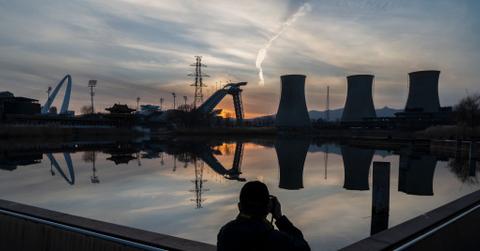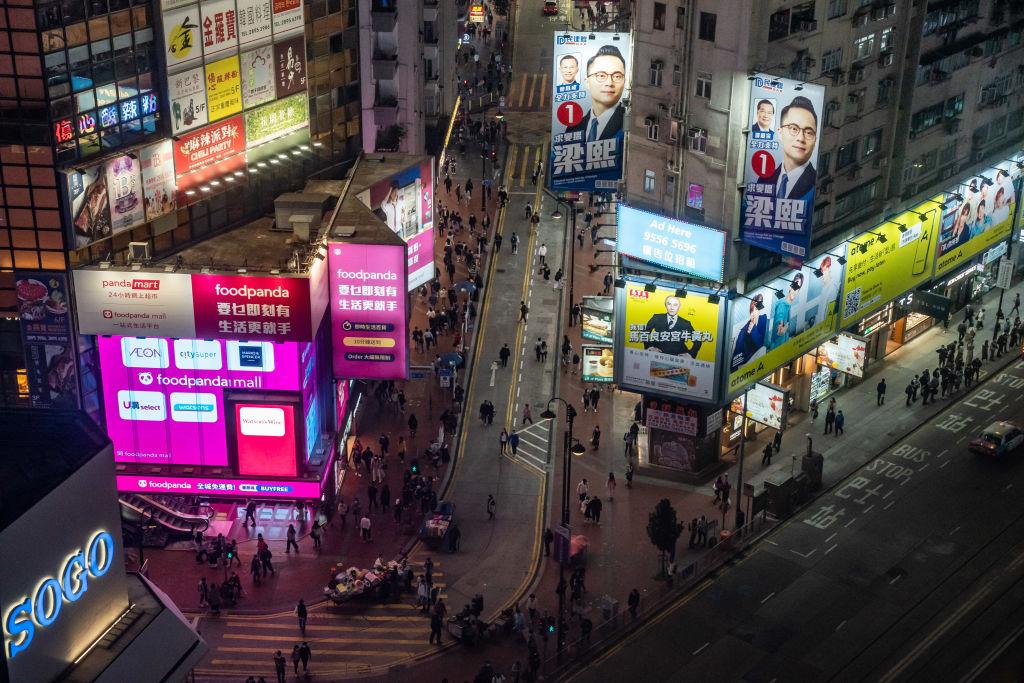Why More Special Economic Zones Could Be Useful for China
Special economic zones are areas designated for companies to flourish and avoid paying heavy fees. Does China still have special economic zones?
Dec. 14 2021, Published 8:35 a.m. ET

SEZs (special economic zones) have allowed companies to operate at cheaper costs, and have created thousands of jobs for people around the world. China is one country that has been tied to the concept of these zones for years. China has been one of the most successful countries with the zones. SEZs have been around for many years. Since the term isn’t used that commonly today, some people question whether China still has these zones.
Starting a company, especially a foreign one, can be difficult and expensive. That’s why SEZs have been a popular method to try and resolve these issues, while also increasing a country’s success in international export operations. However, some citizens and government officials wonder if these zones actually work and how they should be implemented.

What's a special economic zone?
A special economic zone, also known as "free trade zones," are designated areas that have different economic regulations than other areas in the country. Usually, the zones have rules that help businesses and nearby entities grow without having to worry about paying certain taxes and fees.
SEZs are also built to help increase the import and export of international goods. These zones go by many names since they have various ways of being used. Different names include free zones, high-tech zones, free trade zones, free economic zones, and more.
The concept of special economic zones has been debated for decades. Some people think that SEZs benefit countries and local companies, while others view think that they're useless.
While various countries have these designated zones, many of the zones aren’t utilized well enough. This results in an area with no solid infrastructure for a company to develop or the zones simply didn’t meet government expectations. According to a report done in 2019 by the United Nations Conference on Trade and Development, an overwhelming amount of SEZs around the world are either somewhat underutilized or heavily underutilized.
China was one of the first countries to start SEZs.
Ireland was reportedly the first country to create these special zones and they were first implemented in the late 1950s. However, China has been one of the most successful countries when it comes to SEZs. In 1979, China created its first four SEZs across the southeastern coastal region including Shantou, Shenzen, Xiamen, and Zhuhai. All four of the zones were built near water in hopes that they could become substantial exporting areas.
In 1983, a fifth special economic zone was built in China, located on Hainan Island. Business owners were able to save on taxes and gain business incentives. Foreign investors were able to gain incentives and infrastructure benefits as well, which led to an increase in foreign investors helping build companies in China.
Do special economic zones still exist in China?
Special economic zones do still exist in China and other countries around the world. China built an SEZ in Shanghai in 2014—one of the country’s mainland SEZs. There were rifts in previous years on whether or not the zone should be created. Previous Shanghai leaders were against building one. As time progressed, leaders in various Chinese cities started to welcome the concept more.
China still plans to build more special economic zones, mainly in the form of FTZs (free trade zones). A free trade zone is a type of SEZ in which areas allow goods to be manufactured, imported, exported, labeled, and more while being exempt from many international custom rules. This increases and speeds up the process of importing and exporting goods and allows new companies to establish themselves and hire employees.
